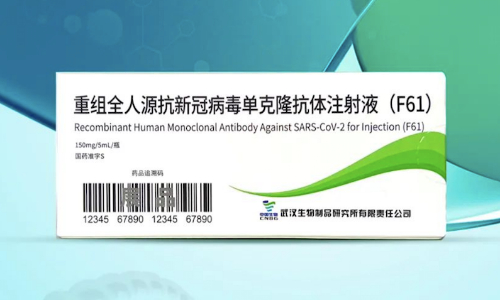
Recombinant human monoclonal antibody against SARS-CoV-2 for injection. (Photo/China National Biotec Group)
A monoclonal antibody against SARS-CoV-2 has been approved by China's medical authorities for clinical trials, which is of great significance for coping with the spread of Omicron variants, said an official with the China National Biotec Group (CNBG), a subsidiary of Sinopharm, on Tuesday.
The recombinant human monoclonal antibody against SARS-CoV-2 for injection, named F61 and designated for early treatment of novel coronavirus infection, has been approved by the National Medical Products Administration for clinical trials, said Zhu Jingjin, Party secretary of CNBG, at the China International Consumer Products Expo.
The approval of the F61 is of great significance in the effort to cope with the epidemic of Omicron variants, said a statement posted by CNBG.
The monoclonal antibody F61 is able to neutralize SARS-CoV-2 strain and its the major variants around the globe, and in particular, it has high neutralizing activity against the Omicron sub-variants which are currently circulating in the world, mainly BA.1, BA.1.1, BA.2, BA.3 and BA.4/5, it said.
It was jointly developed by CNBG and the Chinese Center for Disease Control and Prevention.
The joint research teams are also engaged in developing a nasal spray of F61 for preventive use.
China has seen emerging Omicron subvariants, with new subvariants, such as BA.4 and BA.5, having been discovered in some regions in recent months and triggering a new wave of COVID-19 cases in the country.










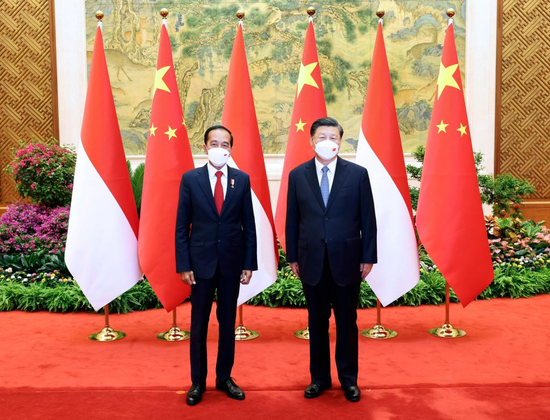

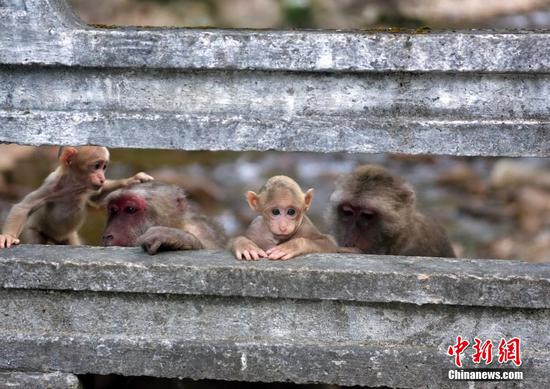

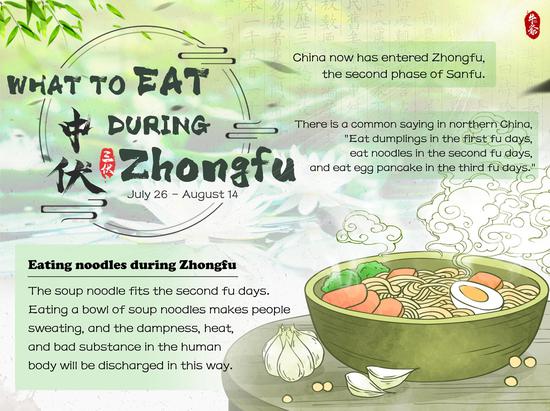

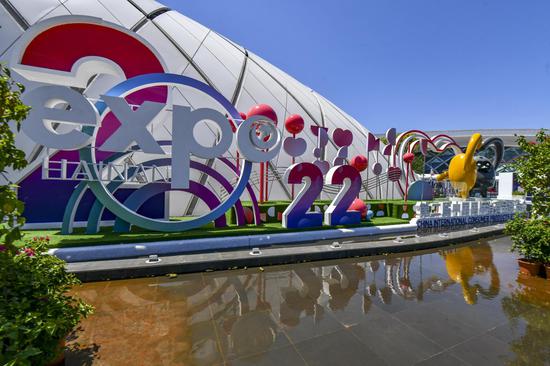


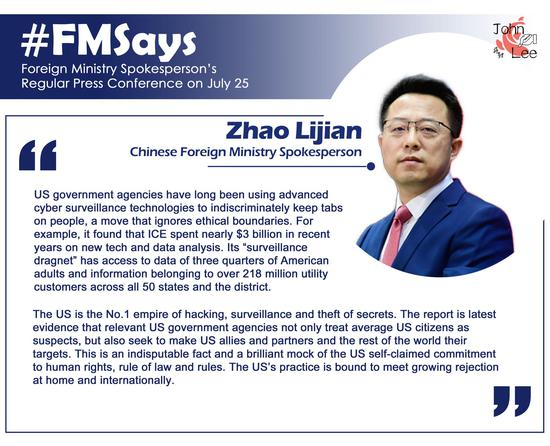

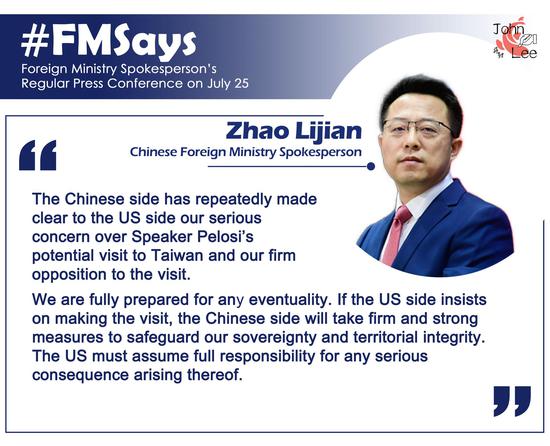

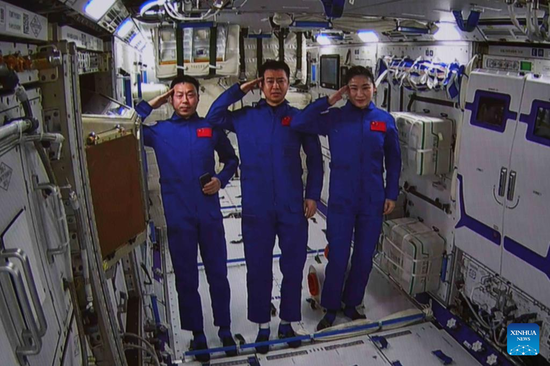

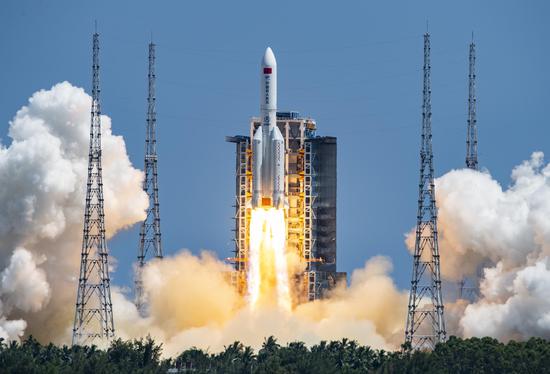

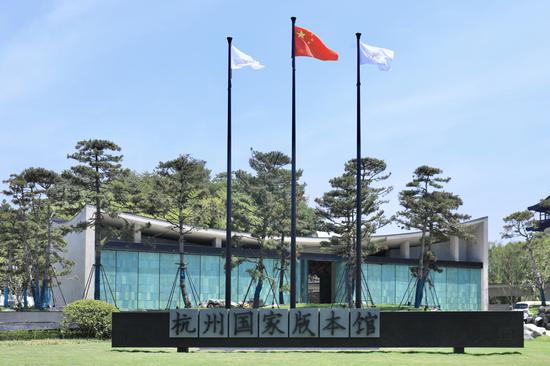

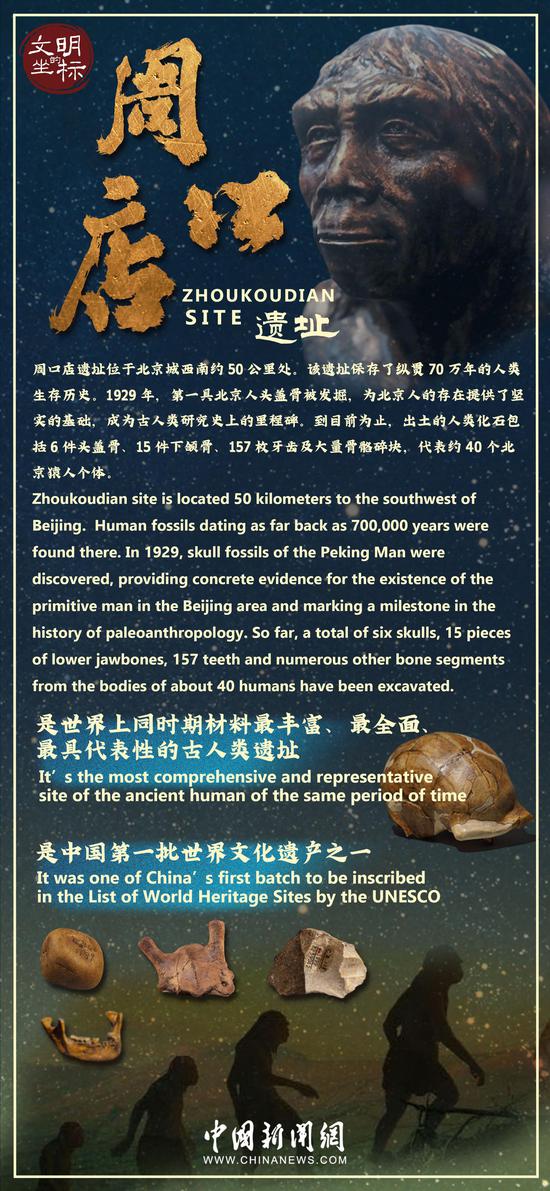




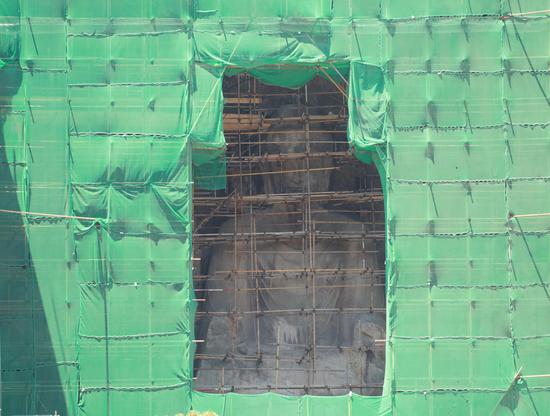



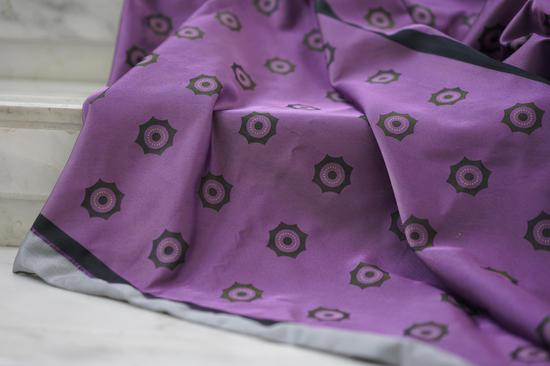


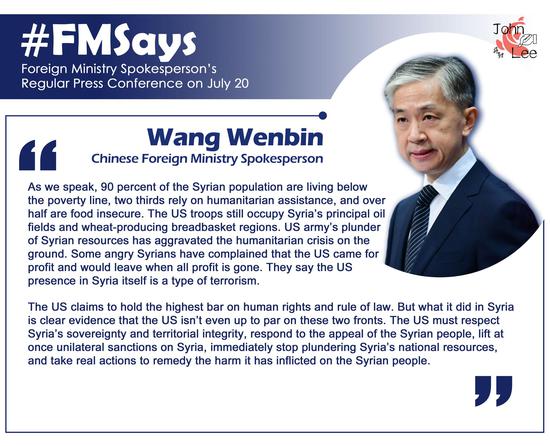
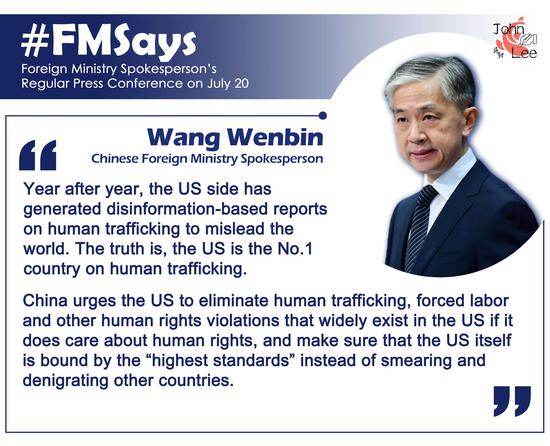

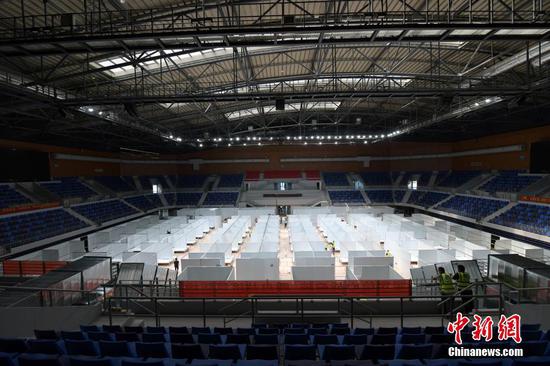





 京公网安备 11010202009201号
京公网安备 11010202009201号